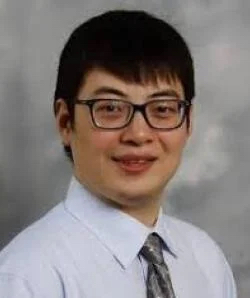Research could lead to new discoveries in cancer medicine
With a new five-year, $1.9 million grant from the National Institute of General Medical Sciences (NIGMS), researchers at Case Western Reserve University will develop computer software to analyze and interpret complex genome data.
Analyzing and interpreting genome data is critical because it allows for the identification of individuals based on their unique genetic makeup, which has significant applications in personalized medicine and research.
But many factors make doing so difficult:
- The overwhelming amount of data produced;
- The genome’s complexity and repetitive sequences;
- The possibility of contamination;
- Variations in individual genomes, gene expressions and functions;
- The specialized knowledge needed to interpret bioinformatics profile alteration; and
- The difficulty of separating genuine biological signals from technical noise, especially when working with low-quality or mixed genome samples.

With the award, Hao Feng, an assistant professor in the Department of Population and Quantitative Health Sciences at Case Western Reserve University School of Medicine, will focus on creating new computer tools to study and break down complex genetic data into information about different types of cells.
“When doctors collect samples from patients, those samples often contain many different cell types mixed together, which makes it hard to analyze,” Feng said. “Our research will help solve this problem, making it easier for scientists to understand how different cells behave, especially in diseases like cancer.”
Gary Schwartz, director of the Case Comprehensive Cancer Center and the Gertrude Donnelly Hess MD Professor in Oncology Research at the School of Medicine, said Feng’s work in genomics deconvolution “has the ability to greatly expand our understanding of the cancer cell and should lead to new discoveries in cancer medicine.”
For more information, please contact Patty Zamora at patty.zamora@case.edu.


